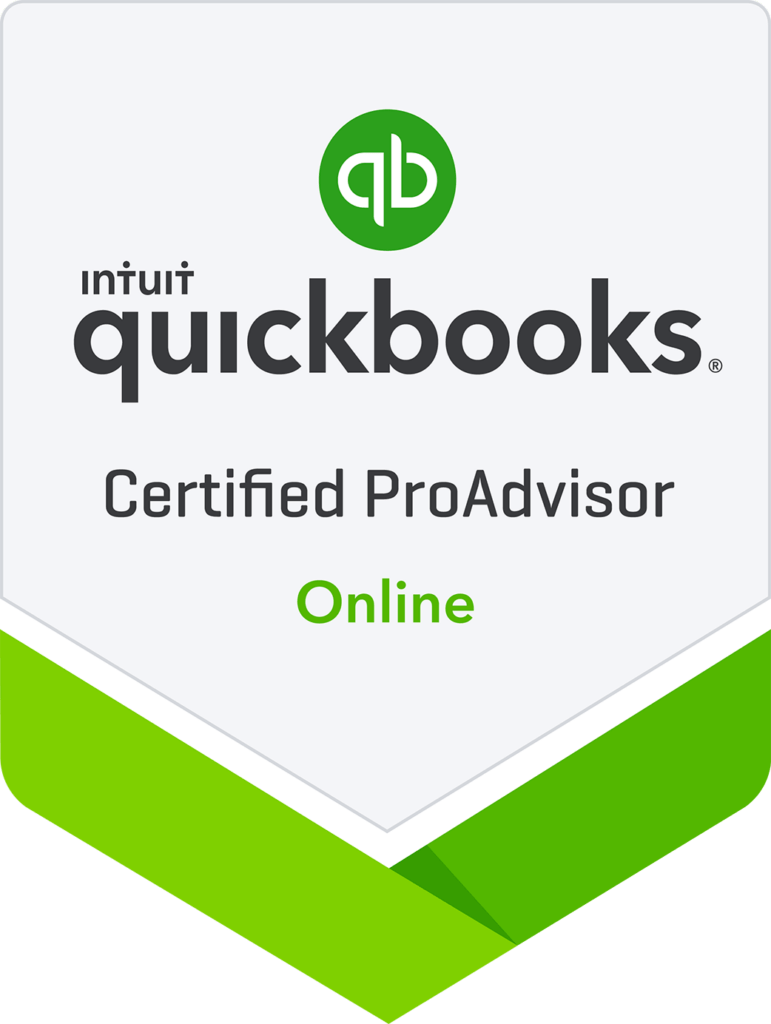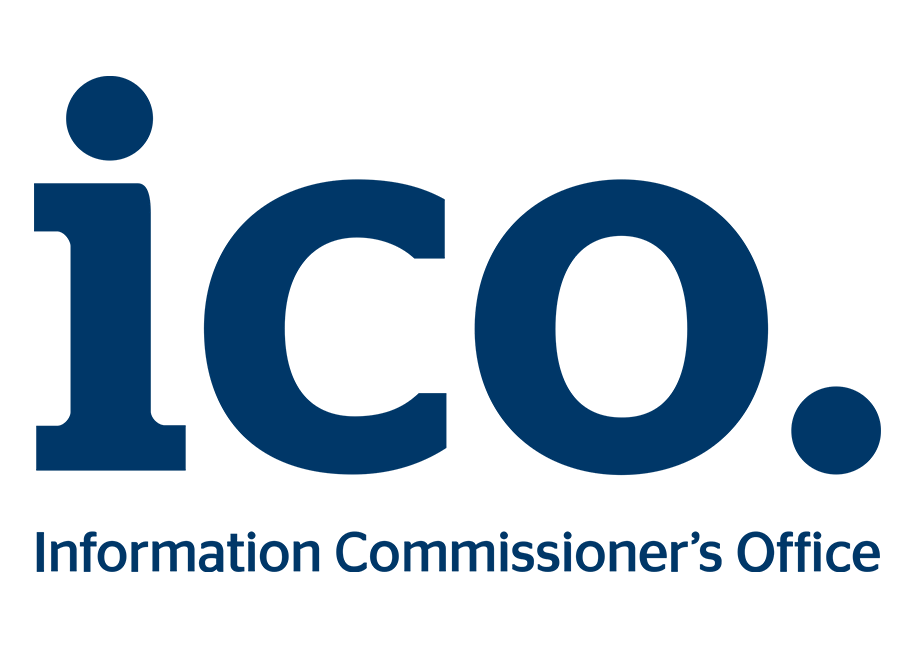How to effectively manage business finances
Effective financial management is crucial for the success and growth of any business. By implementing best practices for managing business finances, you can optimise cash flow, make informed decisions, and achieve long-term financial stability. In this blog, we will explore key strategies and practical tips to help you navigate the financial landscape with ease.
- Set Clear Financial Goals: To start on the right track, establish clear and specific financial goals for your business. Whether it’s increasing revenue, reducing costs, or improving profit margins, having well-defined objectives provides a sense of direction and focus.
- Maintain Accurate and Up-to-Date Records: Keeping accurate financial records is essential. Use reliable accounting software to record and organise transactions, track expenses, and generate financial reports. Regularly update your records to have a real-time view of your business’s financial health.
- Separate Personal and Business Finances: One common mistake among entrepreneurs is mixing personal and business finances. Maintain separate bank accounts and credit cards to avoid confusion and make financial tracking easier. This practice ensures accurate bookkeeping and simplifies tax filing.
- Implement a Budget: Developing a budget is a fundamental step in financial management. Create a comprehensive budget that encompasses all your business expenses, including fixed costs, variable costs, and anticipated income. Regularly review and adjust your budget as necessary to stay on track.
- Monitor Cash Flow: Cash flow is the lifeblood of any business. Monitor your cash flow closely by tracking your inflows and outflows regularly. This allows you to identify potential cash flow gaps, anticipate upcoming expenses, and take necessary measures to maintain a healthy cash flow.
- Control Expenses: Carefully manage your expenses to optimise profitability. Regularly review your expenses and identify areas where you can reduce costs without compromising quality. Negotiate with vendors for better pricing and explore opportunities to streamline operations.
- Plan for Taxes: Proactive tax planning is essential to avoid surprises and optimise your tax liability. Stay updated on tax regulations, deadlines, and deductions relevant to your business. Consider consulting with a tax professional who can guide you in maximising tax benefits while ensuring compliance.
- Regular Financial Analysis: Performing regular financial analysis allows you to assess your business’s financial performance and make data-driven decisions. Analyse key financial ratios, such as gross profit margin, return on investment, and debt-to-equity ratio, to gain insights into your business’s financial health.
- Seek Professional Advice: If financial management is not your expertise, consider seeking guidance from an accountant or financial advisor. They can provide valuable insights, help you make informed decisions, and ensure your business remains financially sound.
Effective financial management is a continuous process that requires diligence and attention to detail. By implementing these best practices for managing your business finances, you can enhance your financial stability, make informed decisions, and position your business for long-term success. Remember, taking control of your finances is an investment in your business’s future.
For further learning: https://www.netsuite.co.uk/portal/uk/resource/articles/financial-management/financial-management.shtml
If you wish to book a free consultation with a financial advisor, please contact us today: https://mavensolutions.co.uk/contact-us/












